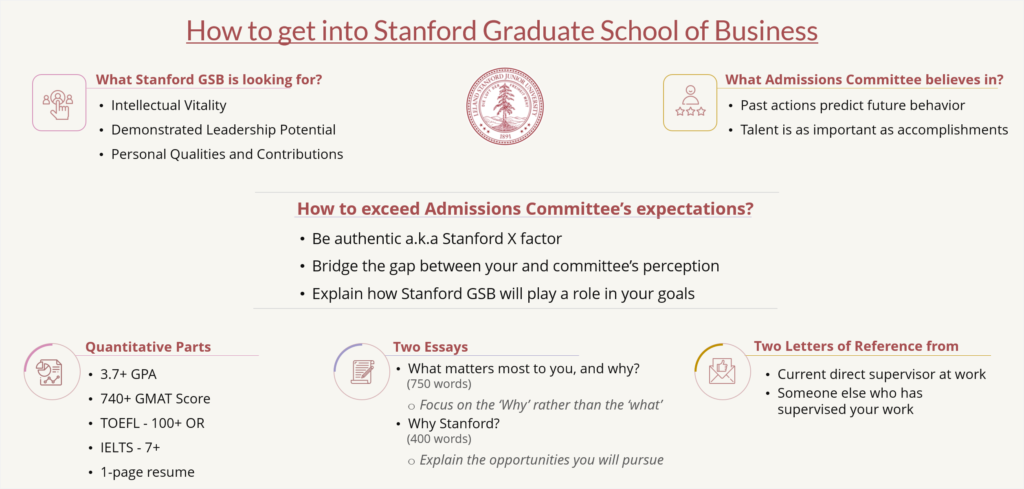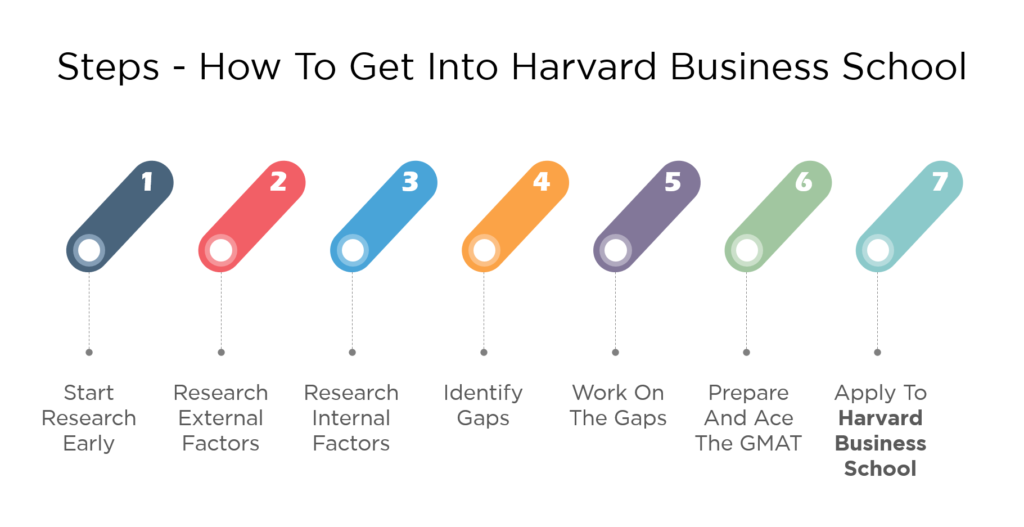
MBA Executive Assessment Test: A Comprehensive Guide
Envision taking a powerful leap towards success in the world of business, but you’re not sure where to start. The answer can often be found
GMAT/GRE Test PREP & MBA ADMISSIONS
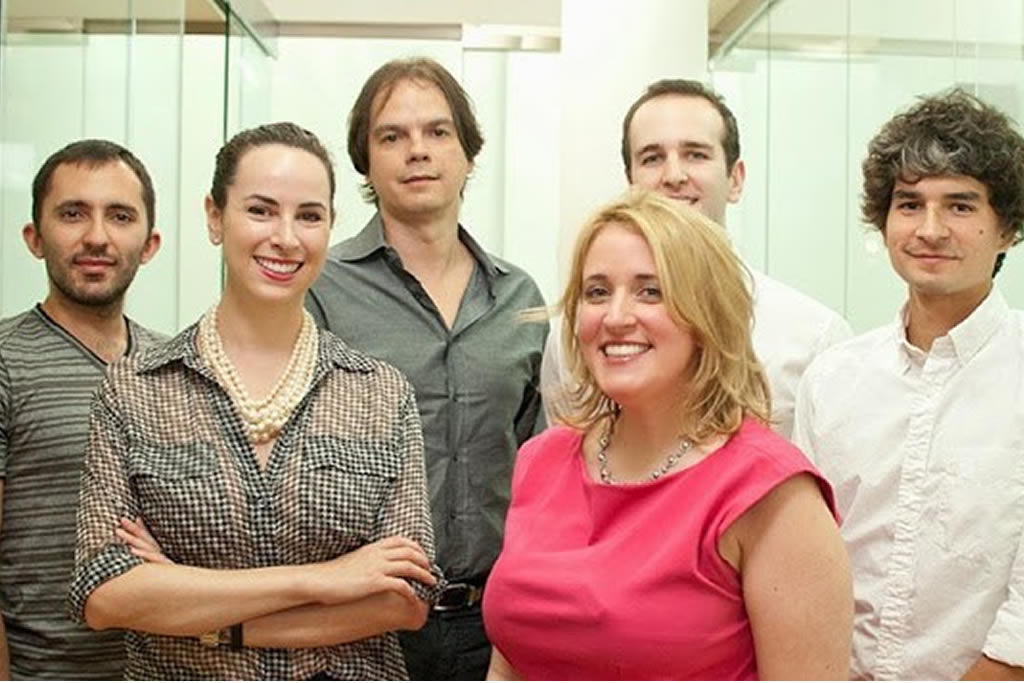

Envision taking a powerful leap towards success in the world of business, but you’re not sure where to start. The answer can often be found
If you’ve ever caught yourself inquisitively asking, “What exactly is an MBA?” then you are in the right place. More than just an acronym, an
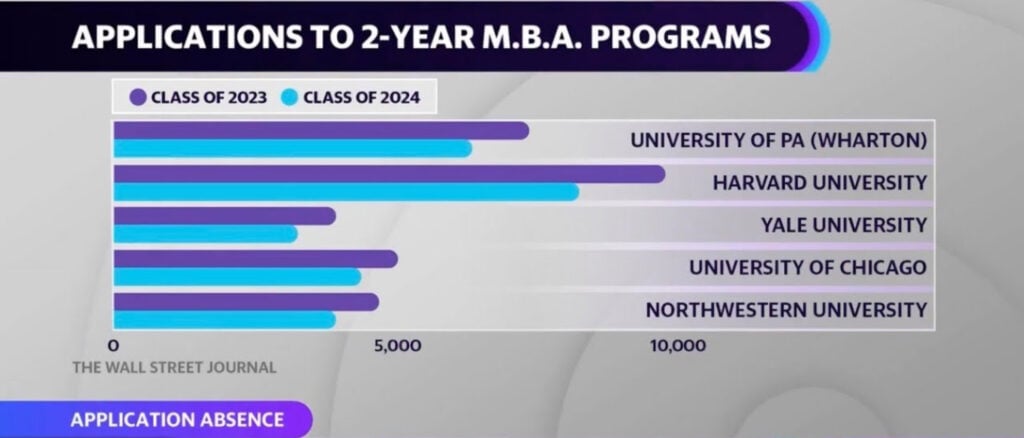
Considerations about declining applications for American MBA programs
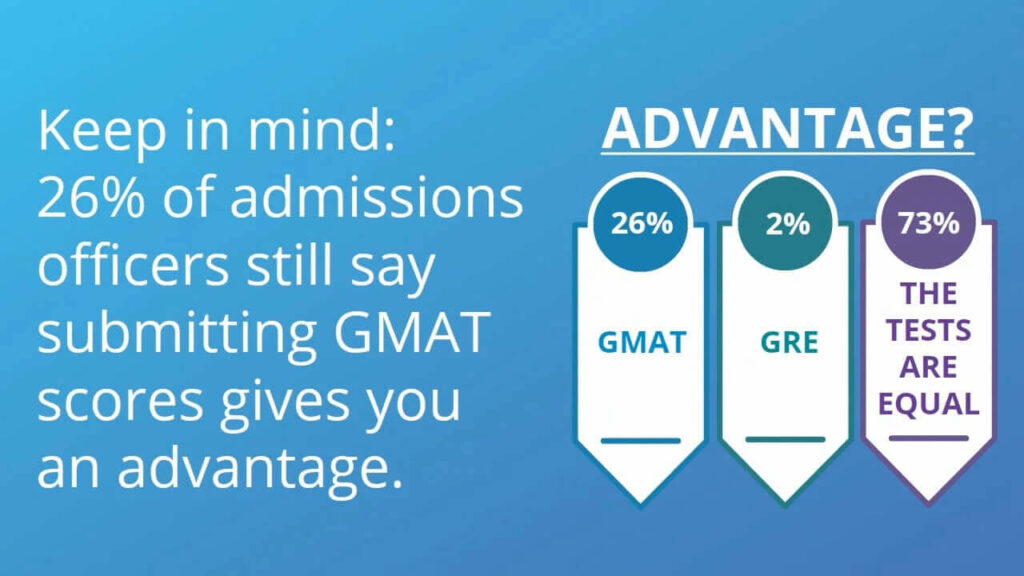
Average GMAT Scores for Top Business Schools

Stanford MBA Class Profile 2024
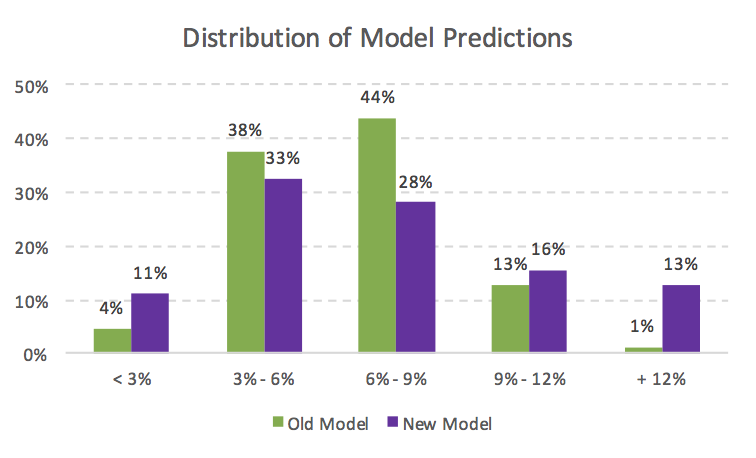
Stanford MBA Acceptance Rate
